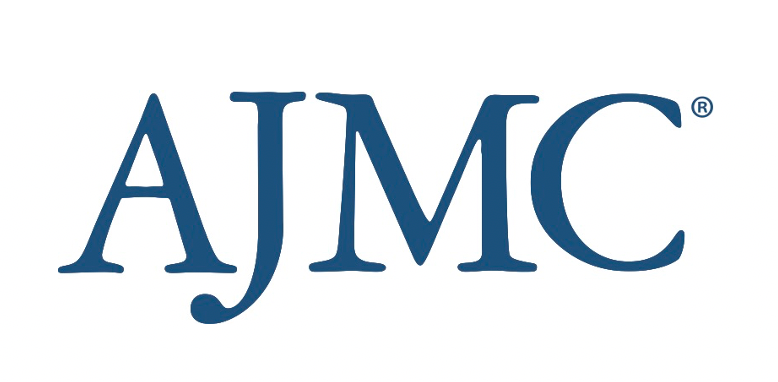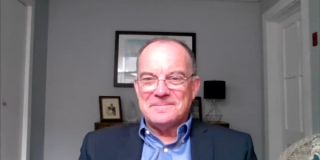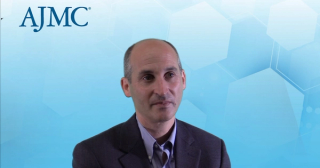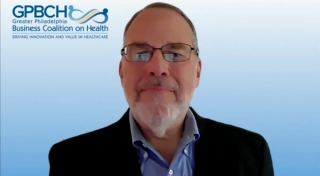
Health Care Cost
Latest News

The arrests of the founders of Done Global, a telehealth company that provides attention-deficit/hyperactivity disorder (ADHD) medication to adults, for allegedly providing prescriptions to unqualified patients and defrauding the government have raised concerns about future access to these medications; US health care spending rose to $4.8 trillion in 2023; bipartisan legislation has been introduced to reform prior authorization with Medicare Advantage.
Latest Videos

More News

Jeff Levin-Scherz, MD, MBA, population health leader at WTW, explains that obesity care in the US is inconsistent and costly, with significant gaps across Medicare, Medicaid, and employer-based insurance.

A dose escalation strategy for regorafenib could improve the cost-effectiveness of the medication in metastatic colorectal cancer (CRC).

This cross-sectional analysis of commercially insured delivering mothers suggests that greater out-of-pocket spending is incurred when pregnancy spans 2 years, causing them to face out-of-pocket limits twice.

Uninsured rates among minority groups plummeted between 2010 and 2022; Democrat lawmakers are challenging drug patents that they believe are deliberate attempts to eliminate low-cost, generic competitors; the National Institutes of Health (NIH) is piloting a nationwide network for primary care research.

The Bundled Payments for Care Improvement program was associated with improved quality of skilled nursing facilities in hospital referral networks for patients undergoing surgery for joint replacement.

FDA advisers have voted against the use of MDMA as a post-traumatic stress disorder (PTSD) treatment; House members have expressed support for the 340B drug discount program but disagreed on whether it needs tighter regulation; a federal judge sided with SCAN Health Plan over CMS about incorrect 2024 Star Rating calculations.

Expansion of Medicaid coverage will now include all-in-one mental health and substance use clinics; 61% of adults are estimated to have cardiovascular disease (CVD) by 2050; the FDA has taken a historic step in potential psychedelic drug approval.

Fauci’s first testimony since leaving government service set to address alleged misconduct and pandemic management; vaccine makers advised to focus on JN.1 and derived subvariants; AstraZeneca and Boehringer Ingelheim introduce $35 monthly cap on inhalers.

Attendees packed a session on multicancer early detection (MCED) on the first day of the 2024 American Society of Clinical Oncology annual meeting.

Glofitamab is currently being investigated in a phase 1/2, multicenter, open-label, dose-escalation study as monotherapy and in combination with obinutuzumab, following 1-time fixed-dose pretreatment with obinutuzumab for B-cell non-Hodgkin lymphoma, of which mantle cell lymphoma (MCL) is a rare type.

This week, the Center on Health Equity and Access covers news related to AI integration, disparities in pediatric hospitalizations, new advancements presented at the 2024 CMS Health Equity Conference, and an expert discussion on the cardiovascular field.

There are effective strategies that can be employed concurrently to promote adherence to medications for schizophrenia, including but not limited to pharmacological, technological, and psychosocial interventions.

Data presented at the recent American Thoracic Society 2024 international conference identified the top barriers to lung cancer screening in Asian Americans, and common risk factors among this population.

Presenters from CMS and the CDC explored the importance of standardizing health equity data collection at the 2024 CMS Health Equity Conference.

An analysis that overviewed dermatologic mobile apps with artificial intelligence (AI) features led researchers to voice concerns about the use of this technology in its current state.

Using a microsimulation approach, this study modeled the potential multiyear health and economic benefits of participating in cardiometabolic virtual-first care programs.

This study quantified the trends over time in utilization of, spending on, and access to CT fractional flow reserve, the first artificial intelligence (AI)–enabled clinical software reimbursed by Medicare.

This international study, incorporating data from the US, Brazil, Singapore, and Spain, shows that durvalumab as maintenance therapy for use against non–small cell lung cancer remains a cost-prohibitive treatment option.

In this episode of Managed Care Cast, Nihar Desai, MD, MPH, cardiologist and vice chief of Cardiology at the Yale School of Medicine, discusses therapies for cardiovascular conditions as they relate to patient adherence, polypharmacy, and health access.

HHS officials are moving forward with a plan to produce 4.8 million doses of H5N1 avian flu vaccine; Novo Nordisk’s long-acting insulin had a greater risk of excessively lowering patients’ blood sugar without offering better sugar level management; Los Angeles County launched an ambitious effort to tackle medical debt.

Compared with usual care, a dementia care management program improved various cost of care and utilization metrics in a Medicare managed care population at 12 months.

The CDC has asked local and state health officials to maintain peak-season flu surveillance operation levels over the summer to watch for any signs of human-to-human spread of the H5N1 bird flu virus; the drug industry’s top lobbying group faced thorough questioning at a Senate Judiciary Committee hearing about the impact of patent system abuse on high prescription drug prices; FDA staff reviewers have raised concerns that Guardant Health’s colorectal cancer (CRC) blood test may fail to detect precancerous tumors.

A new program from Optum Rx would offer greater predictability by using a guarantee-based pricing model.

Patients struggle to afford glucagon-like peptide-1 (GLP-1) medications for diabetes; doctors see potential and pitfalls in new ChatGPT model’s humanlike conversations; Medicare payment reform efforts focus on inflation adjustments and payment model overhauls.
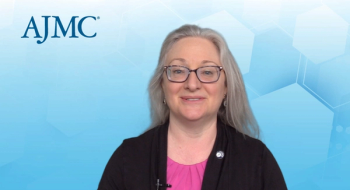
Kimberly Westrich, MA, chief strategy officer of the National Pharmaceutical Council, shares 3 key recommendations to improve the accuracy and quality of drug pricing data.
